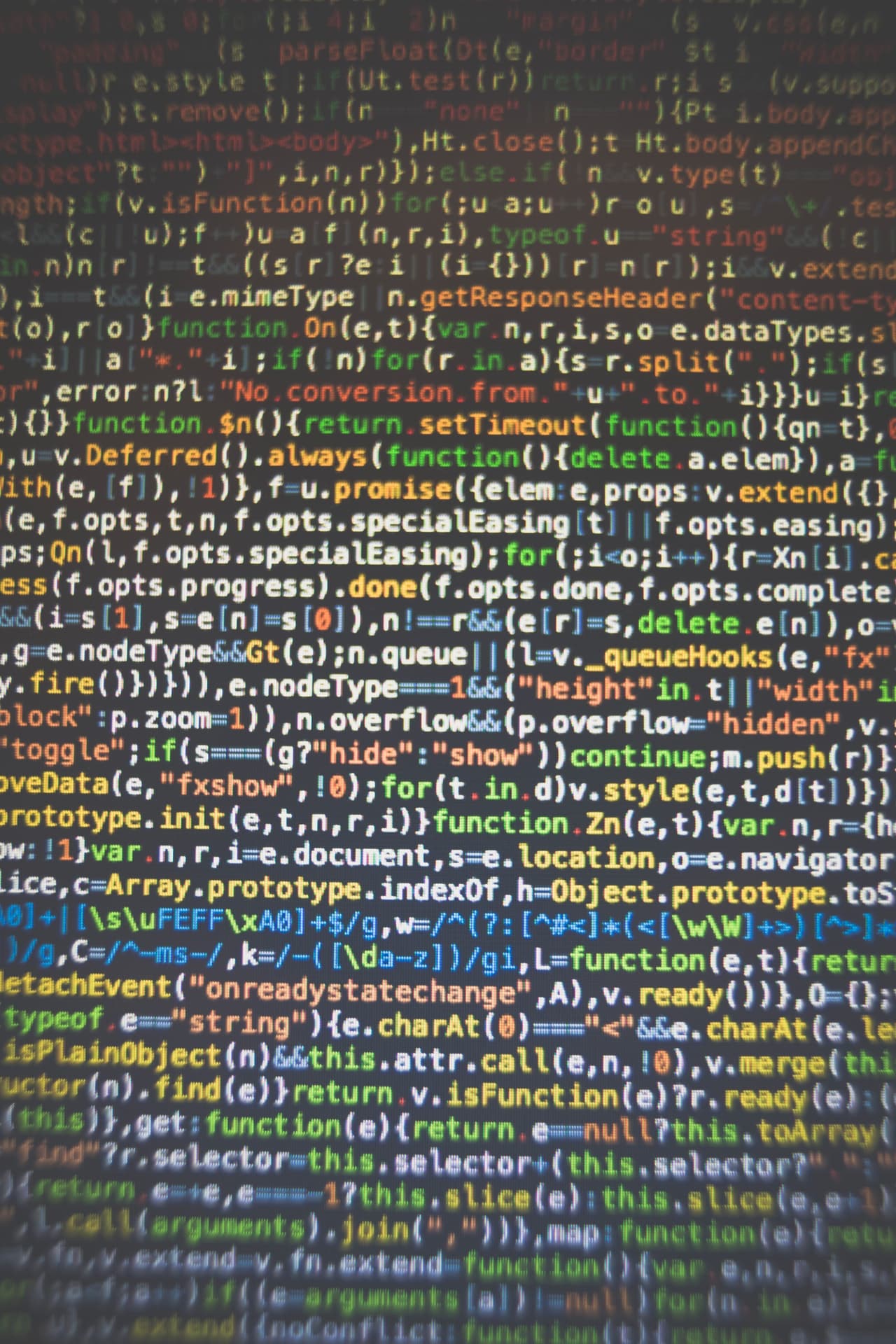Artificial Intelligence is driving exponential returns and capabilities to those who are leveraging it correctly. Its uses are being rapidly broadened, and businesses can now look to harness it to develop a wide range of operations, software, analysis, services, and products.
Its uses are commonly associated with its physical products, such as automated cars. Still, the most common use for AI seems to be for increasing the efficiency of internal operations and marketing campaigns.
IMAGE: PEXELS
Personalization
Personalization is perhaps the most controversial use of AI currently. It is the process that curates the content that we consume so that it is specifically targeted at us based on our consumer profile, whether we realize it or not. This is really improving efficiencies in marketing campaigns. Companies can create more bespoke audience targets than ever before, leading to better-converting content and lower advertising costs.
Although it is sometimes a controversial practice from the customer’s point of view, personalization can still be beneficial. Most of us would instead that Netflix is accurate when it suggests movies to us that we might like, rather than offer a totally random selection of options that has no bearing on our preferences.
Customer Service
Customer service is becoming automated through the use of AI to the extent where many customers are unaware that they’re even communicating with a robot. The idea isn’t to deceive, but to merely increase how much chatbots can understand and reply accordingly. In fact, customer service is often outsourced, meaning you can benefit from project contracting AI via LynxPro developers.
Another way AI has developed customer service techniques is by answering customer questions very promptly. This might be a robot concierge, automated telephone voice response, or merely producing the most effective FAQ page based on the most likely queries.
Automation
AI is driving automation across many industries. The automobile industry is currently going through a transition towards electric and self-driving cars. Tesla cars are primarily programmed to run off many algorithms that can predict the road based on their input from the cameras around the vehicle.
Another use can be seen in smart fridges, which assess what is usually on your shelf, deduct what is already there and create an automated grocery order for the remaining products. IoT is really changing the landscape of what is possible in your home, from AI thermostats to Alexa – businesses are looking to fill this potentially huge market.
Predictive Ability
This was touched on in how AI personalizes content for individuals – they can increasingly predict precisely what you like – but it also affects a lot of other aspects of the business. For example, cash flow is the number one reason why businesses go under.
AI will likely be harnessed by Business Intelligence operations to predict when the company will encounter difficult periods; it could draw predictions from historical sales data, financial data, and so on. Predictions can also be made to improve services.
For example, traffic apps can blend predictions into traffic updates where the real-time data is lacking, in the same way, that your brain can fill in your blind spots and makes its best guess of what is really there as opposed to a vacant hole. With so many applications across so many different industries, it is clear that AI will continue to be a key component of business operations in the future.
If you are interested in even more business-related articles and information from us here at Bit Rebels, then we have a lot to choose from.


COMMENTS